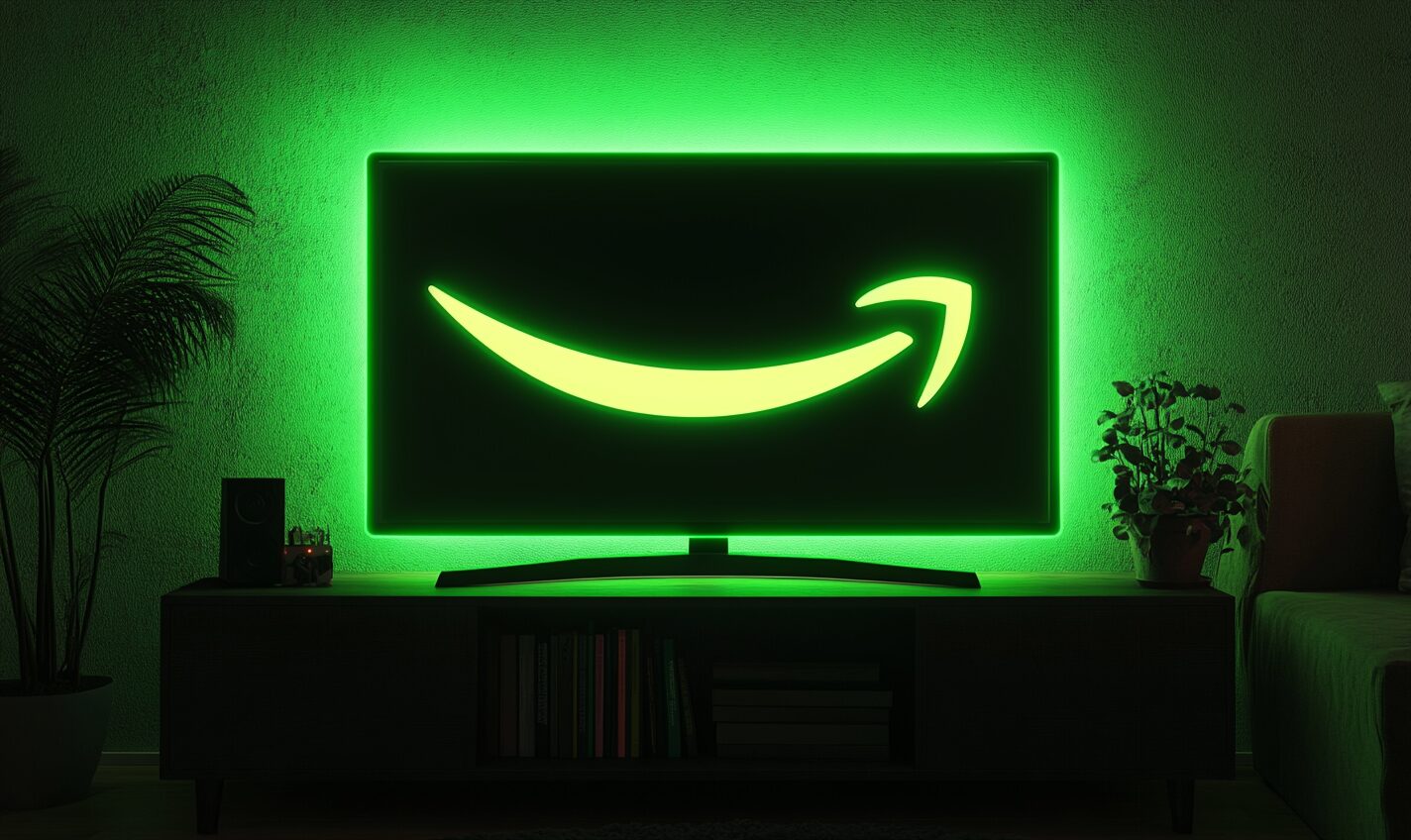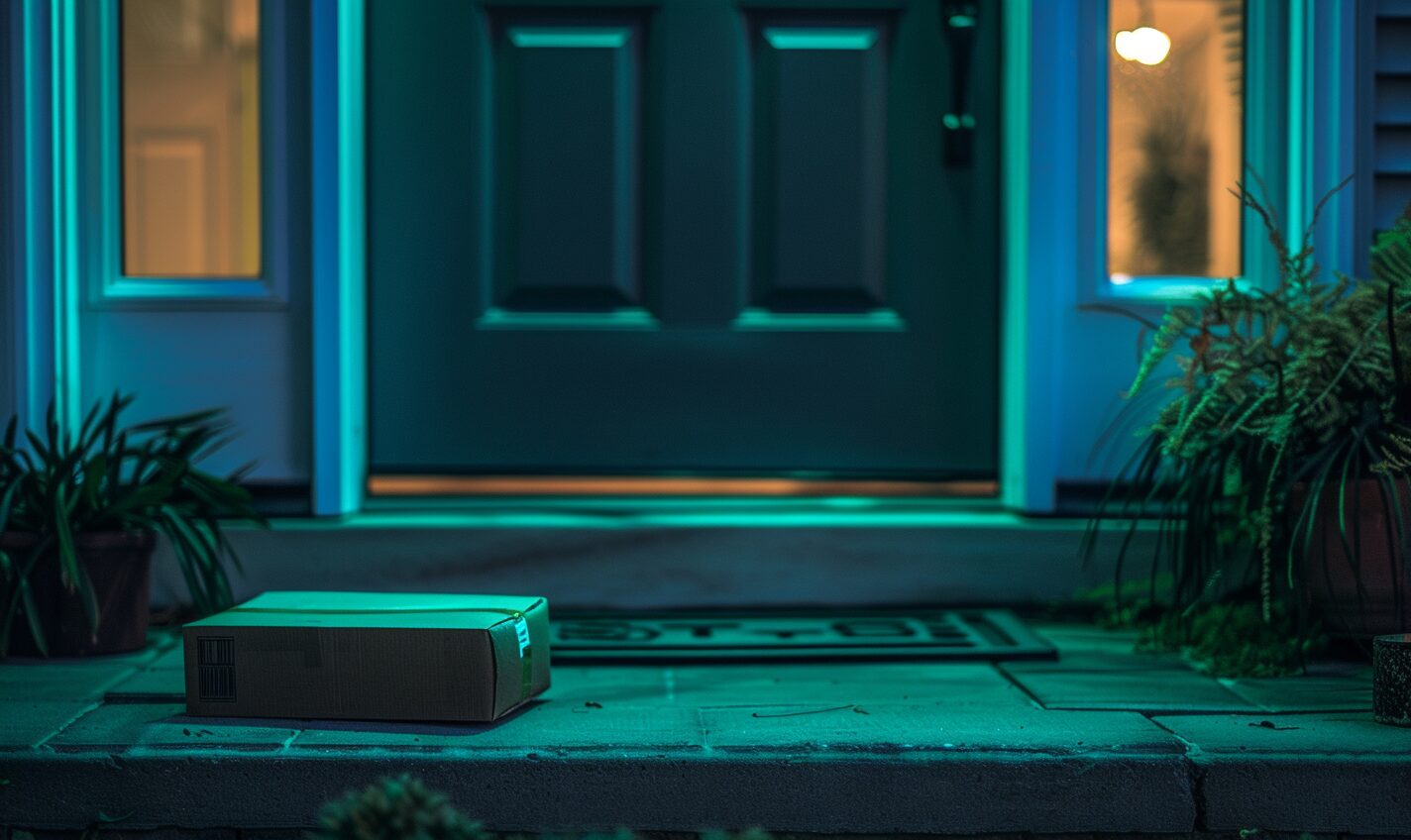You might think of sarcasm as an acquired taste, similar to coffee or beer. Too much of it isn’t very good for you, and it’s healthiest used in moderation. Some people use it too much, and some people don’t like it at all, so is sarcasm bad?
Not necessarily, but that doesn’t always make it a good thing. If you seem to ask yourself “is sarcasm bad?” too often, you may be using it too much.
Is it bad for some people and good for others? That may be the case, but again, it can be much more complicated than that. Here is a look at some negatives and positives of being sarcastic.
Negatives of Sarcasm
Those who can’t stand sarcasm see it as hostility disguised as humor. That doesn’t mean it’s a bad thing in every situation, but they prefer it to be used sparingly, much like a potent spice that can quickly overwhelm a dish.
Others say that sarcasm indicates that you fear you aren’t good enough, so you try to put others down to help yourself feel better. The anti-sarcasm crowd also sees it is as passive-aggressive anger, often due to abuse or disappointments you’ve suffered in your life.
Not everybody reacts to it in the same way. Some may view it as a light joke or personality trait, but for others it might be off-putting or offensive. It certainly can get old if used too much, especially if it’s not the right audience.
One good rule of thumb is to think about who you’re talking to before you speak. Using sarcasm might not seem like a big deal to you or your friends, but others might have a different opinion. Those who dislike it see is as a way to get attention, or that you’re making up for being teased when you were young.
Positives of Sarcasm
Believe or not, being sarcastic may actually be healthy in certain circumstances. In fact, some argue that it may help make you a better person.
One scientific study found that sarcasm can be an instigator of conflict, but that it can also jumpstart creativity. The argument is that it encourages creativity through abstract thinking, both in those who deliver the sarcasm and those who receive it. Further, dishing out or receiving it among those who trust each other can elevate creativity without causing conflict.
Another study indicates that sarcasm helps exercise the brain more than other more sincere forms of communication. That’s because your brain often has to work harder to decipher and understand the sarcasm.
That could make your brain more effective. A group of college students in Israel examined complaints to a customer service line of a mobile phone company. In the end, they were more creative in their problem solving when they dealt with complaints that were more sarcastic as opposed to angry.
It may also be considered a regional dialect. It plays well in some parts of the country, but not so well in others. One survey found that 56 percent of college students in northern states viewed sarcasm as humorous, compared to only 35 percent of students in southern states.
The Verdict: Is Sarcasm Bad?
So, after looking at some of the negatives and positives that come along with sarcasm, is it bad to be sarcastic? No matter what your opinion, one thing is for sure — it is everywhere these days, and it’s nearly impossible to avoid.
The best answer probably lies somewhere in the middle. There’s nothing wrong with a bit of sarcasm, but too much can be off-putting to certain folks. As always, communication is the key, so it may take a bit of back-and-forth to discover whether sarcasm is appropriate in certain situations.
Recent Stories
Follow Us On
Get the latest tech stories and news in seconds!
Sign up for our newsletter below to receive updates about technology trends




